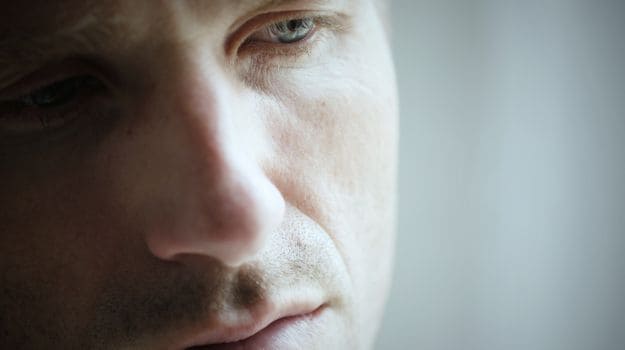Pregnancy could be a stressful time, not just for the women but for men as well. While "baby blues" as well as prenatal depression are linked mainly with women, researchers have now found that a significant number of first-time expectant fathers too experience depression during their partner's pregnancy. The findings may have important clinical implications for depression screening and early prevention efforts in expectant fathers."The mental health of men remains a neglected area of research and one that is not adequately addressed during the transition to parenthood," said senior study author Deborah Da Costa, associate professor at McGill University in Montreal, Canada.The research team recruited 622 men in Canada over a period of one and a half years. Expectant fathers completed online questionnaires measuring various factors such as mood, physical activity, sleep quality, social support, marital adjustment, financial stress, and demographics, during their partner's third semester.
Researchers found that 13.3 per cent of expectant fathers experienced elevated levels of depressive symptoms during their partner's pregnancy. Most of the factors associated with depression in men were identified to be modifiable, meaning that tools are available to help cope with these difficulties.The researchers also found that men who were having sleep difficulties were more at risk of experiencing depression. "These are important signals because some of these factors may worsen in postpartum; certainly sleep will be compromised in the first years," Da Costa explained.The findings appeared in the American Journal of Men's Health.
Researchers found that 13.3 per cent of expectant fathers experienced elevated levels of depressive symptoms during their partner's pregnancy. Most of the factors associated with depression in men were identified to be modifiable, meaning that tools are available to help cope with these difficulties.The researchers also found that men who were having sleep difficulties were more at risk of experiencing depression. "These are important signals because some of these factors may worsen in postpartum; certainly sleep will be compromised in the first years," Da Costa explained.The findings appeared in the American Journal of Men's Health.
Advertisement








